Most astronomers believe the universe is 13.7 billion years old. A new study says that figure could be closer to 26.7 billion.
Get the latest international news and world events from around the world.

APT41 hackers target Android users with WyrmSpy, DragonEgg spyware
The Chinese state-backed APT41 hacking group is targeting Android devices with two newly discovered spyware strains dubbed WyrmSpy and DragonEgg by Lookout security researchers.
APT41 is one of the oldest state hacking groups with a history of targeting various industries in the USA, Asia, and Europe.
They are known for conducting cyber-espionage operations against entities across various industry sectors, including software development, hardware manufacturing, think tanks, telcos, universities, and foreign governments.
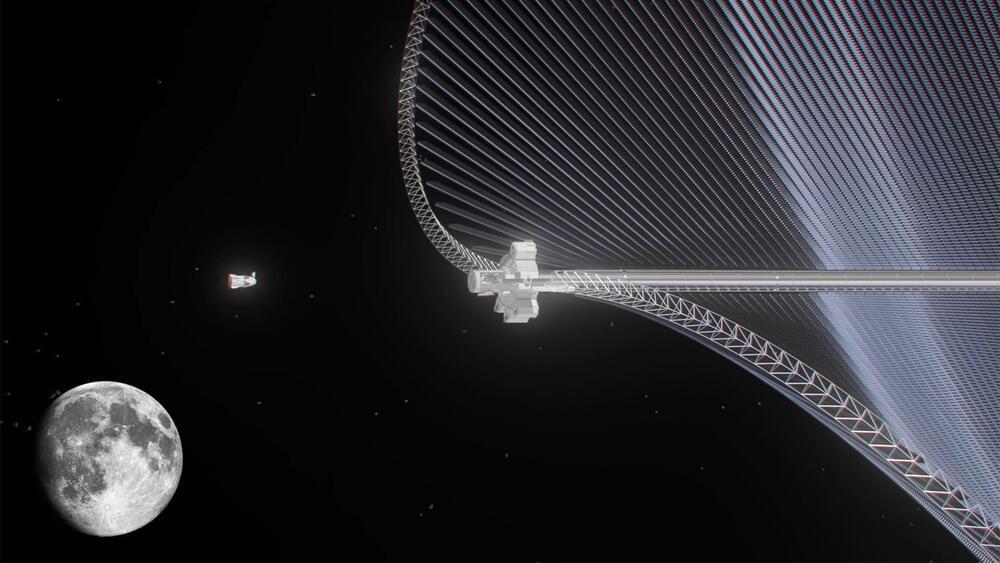
Solar space butterfly could power lunar outposts around the clock
According to a study by Astrostrom for ESA, future Moon bases could be powered by a giant space butterfly called the Greater Earth Lunar Power Station (GEO-LPS) covered with solar panels made from lunar materials beaming microwaves to the surface.
One of the major design concerns in setting up a lunar base is finding a reliable means of powering it. Solar power might seem the obvious answer, but with lunar nights lasting 14 Earth days, it isn’t a practical option. However, though the most promising alternative is currently a small nuclear reactor, solar may not be out of the running.
The idea of solar power plants in space has been around for well over half a century. On Earth, solar panels are limited by night time, atmospheric haze, and bad weather, making them only capable of intermittent power generation with limited efficiency. On the other hand, in space, where there is no night and no atmosphere, solar power becomes very attractive.
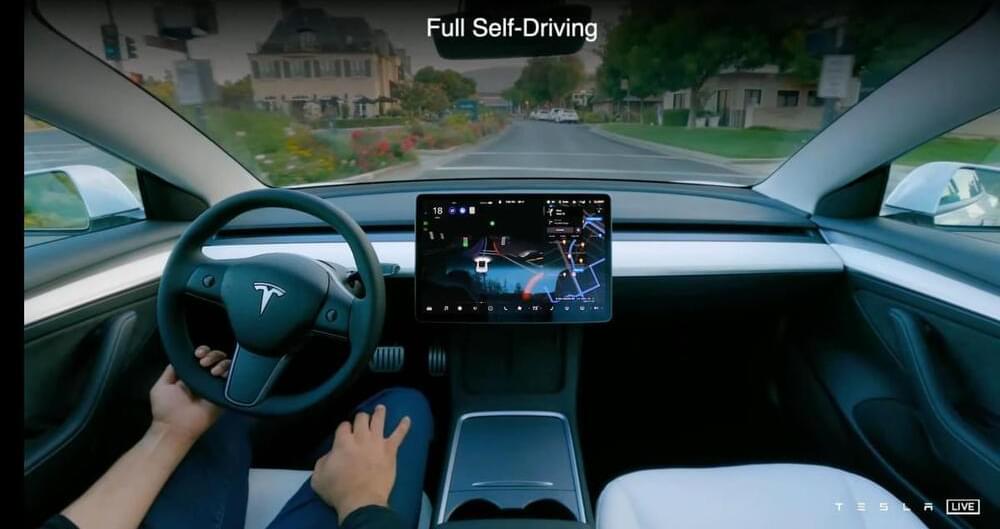
Tesla to license FSD to other OEMs, allow transfer of FSD to new cars
Tesla CEO Elon Musk confirmed Wednesday that the automaker is “in discussion with major OEMs about using Tesla FSD.”
Tesla Full Self-Driving is the automaker’s beta advanced driving assistance system (ADAS) that can automate driving tasks on highways and urban streets. If other automakers were to adopt FSD technology, they would need to onboard both Tesla’s software and hardware suite. Tesla’s approach to ADAS, and ultimately to autonomy, is to rely only on computer vision processing, or cameras, rather than a range of sensors like lidar and radar.
During Wednesday’s second quarter earnings call, Musk also said Tesla will allow the transfer of FSD software to new vehicles, but only in the third quarter.

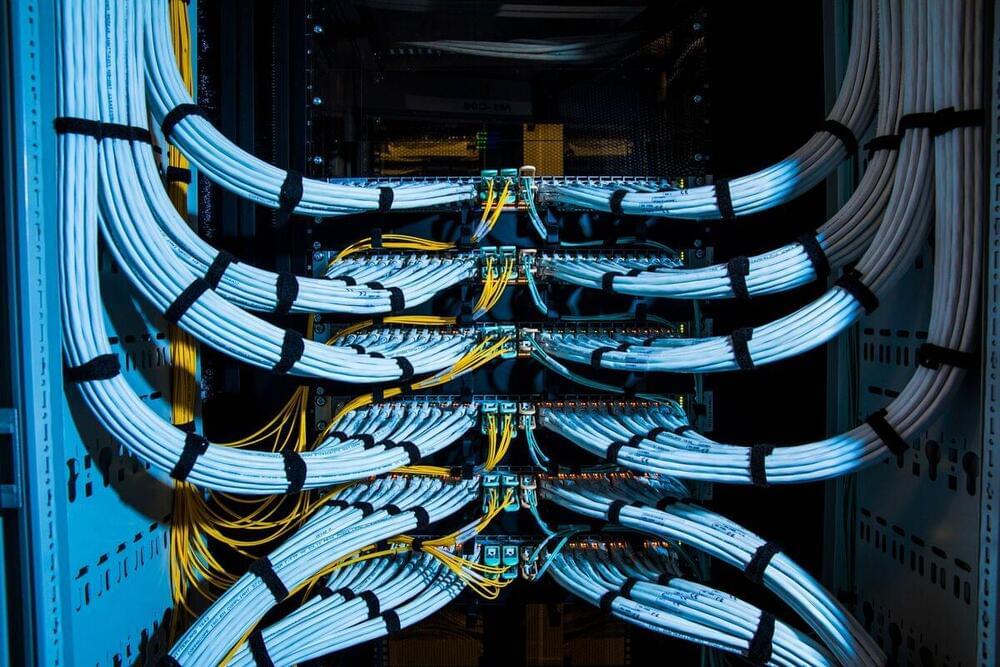

Operable screens wrap beachfront house in Hawaii by Olson Kundig
US studio Olson Kundig Architects has utilised a variety of wooden storm shutters and deep roof overhangs for a Hawaiian holiday home called Hale Napo’o.
Hale Napo’o, which translates to Sunset House, is located on the northern coast of Kauai, an island in the Hawaiian archipelago.
The clients desired a family retreat that opened up to the landscape and ushered in breezes from Hanalei Bay.

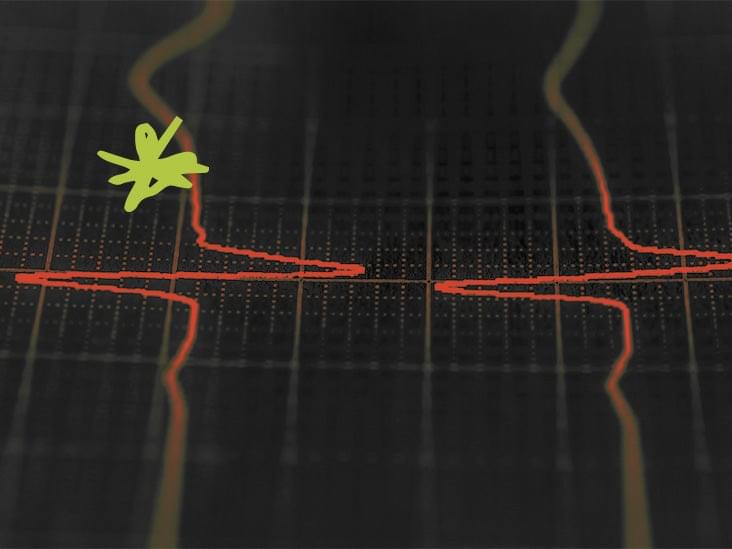
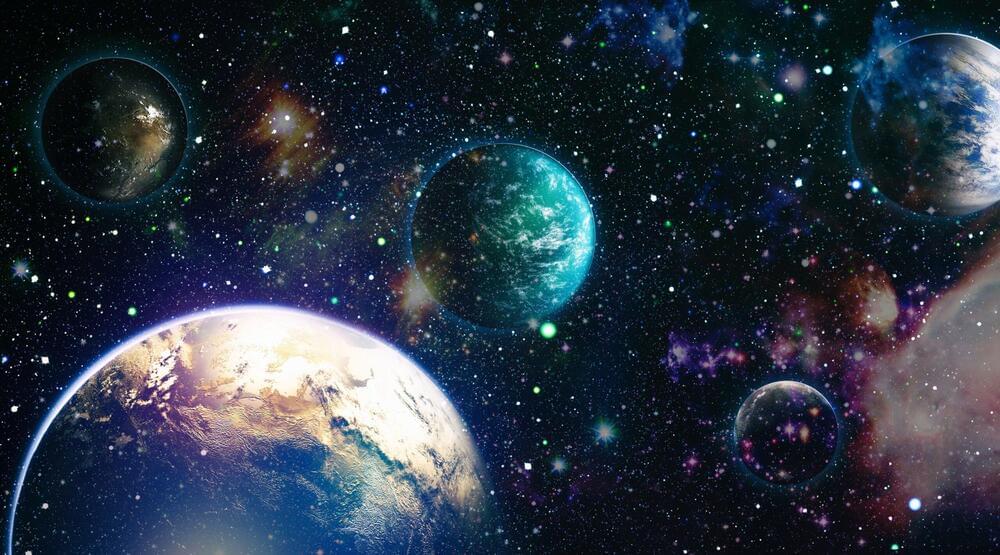
Trillions of rogue planets may be wandering alone in our galaxy
In an astonishing revelation, researchers from NASA and Japan’s Osaka University have uncovered data suggesting the rogue planets – those solitary wanderers unhinged from any star – significantly outnumber the approximately hundred billion planets which orbit stars.
The findings indicate that NASA’s Nancy Grace Roman Space Telescope, slated for launch by May 2027, could discover as many as 400 rogue planets similar in mass to Earth. A likely candidate for this category has already been singled out from the data.
David Bennett is a senior research scientist at NASA’s Goddard Space Flight Center and co-author of two papers detailing these findings.